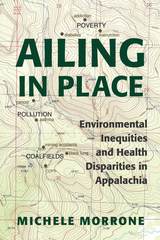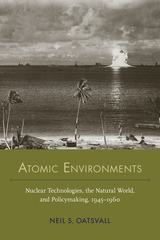Feudal Society, Volume 2
University of Chicago Press, 1964
Paper: 978-0-226-05979-2
See other books on: Bloch, Marc | Europe | Feudal Society | Medieval | Volume 2
See other titles from University of Chicago Press
Paper: 978-0-226-05979-2
ABOUT THIS BOOK | AUTHOR BIOGRAPHY | TOC | REQUEST ACCESSIBLE FILE
ABOUT THIS BOOK
"Few have set themselves to the formidable task of reconstructing and analyzing a whole human environment; fewer still have succeeded. Bloch dared to do this and was successful; therein lies the enduring achievement of Feudal Society."—Charles Garside, Yale Review
See other books on: Bloch, Marc | Europe | Feudal Society | Medieval | Volume 2
See other titles from University of Chicago Press












